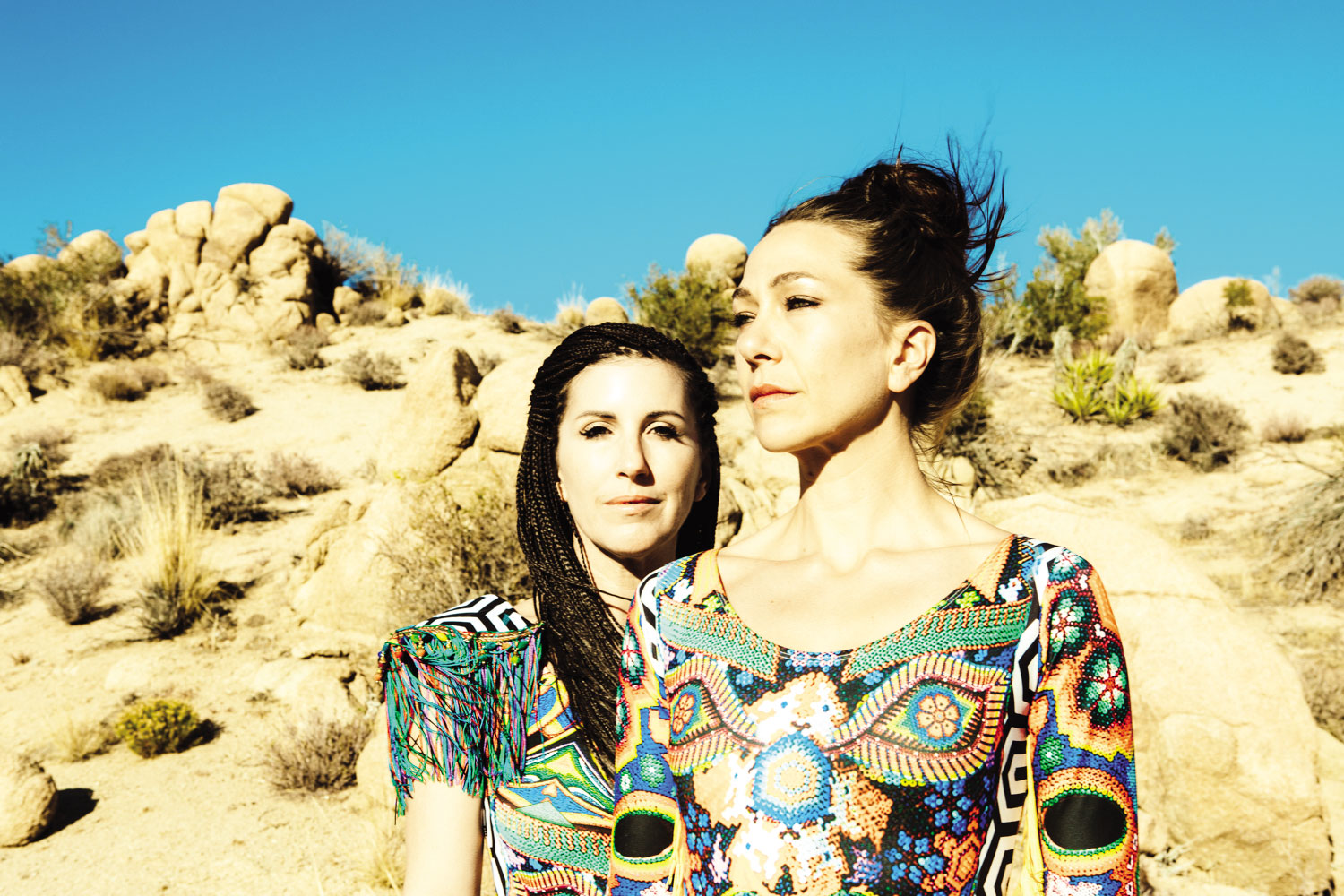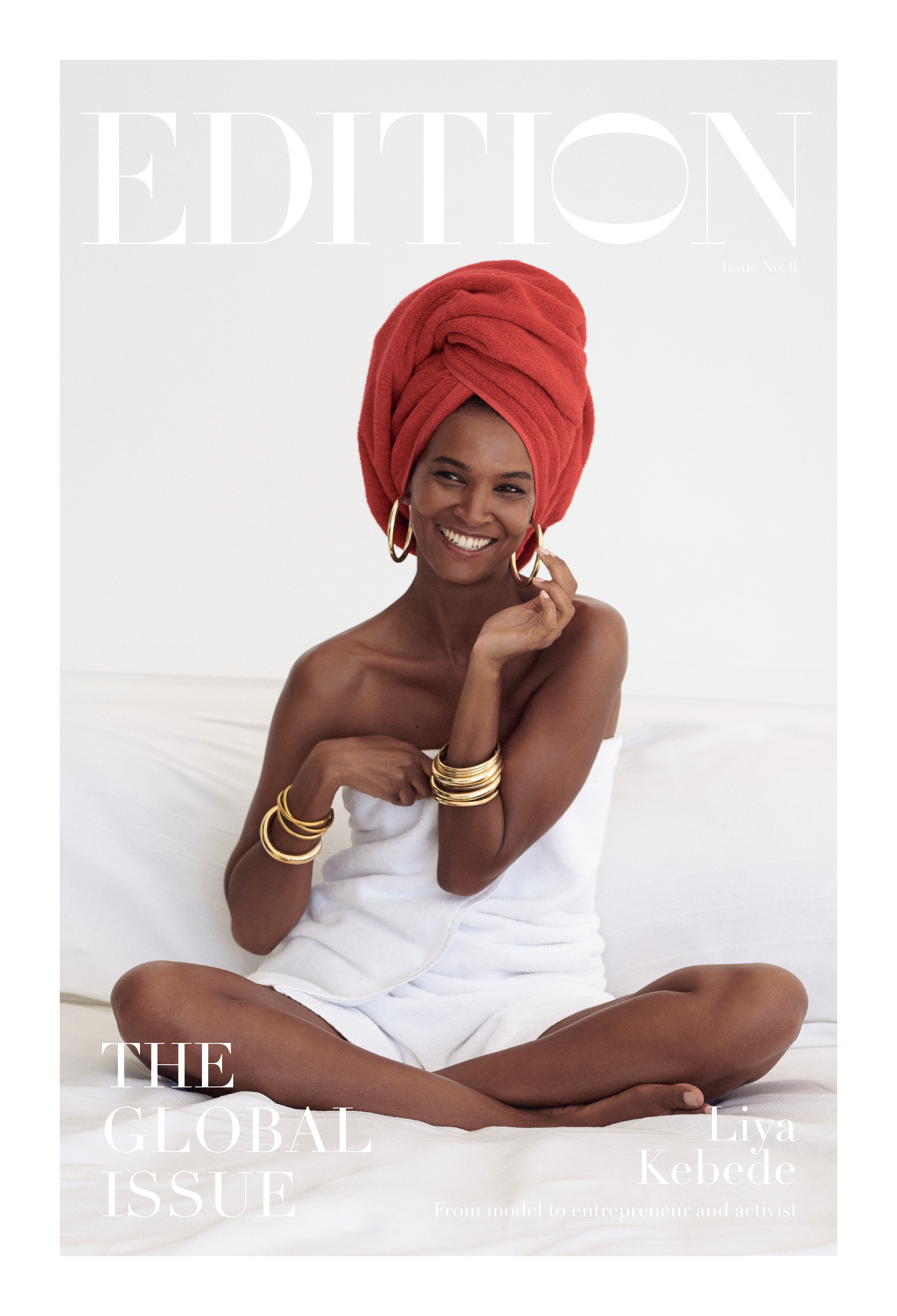
Global Issue
Global Issue: Editor’s Letter
Editor’s Letter
John Fraser
The Michelin-starred chef has a story to tell you through his cooking
Pundy’s Picks for Conscious Travel
Six tips for considered and conscious travel
Genmaicha Martini Recipe
The classic martini plus the health benefits of green tea
The Spread Love Project by Nicholas Konert
How Nicholas Konert’s rainbow heart design became an international icon
Wade Davis
Anthropology is the antidote to today’s nativism says the scholar and author
Carla Sozzani
The future of retail according to the founder of legendary concept store 10 Corso Como
The Art of Migration
The power of art to inspire empathy and social action
John Pawson
Zen Buddhism and minimalist purity drive the celebrated architect
Amy Duncan
As the CBD line Mowellens expands into skincare, its founder shares the personal story behind her company
Sila Sveta
Moscow’s favorite media studio finds the perfect balance between art and commerce
David de Rothschild
In his calls for environmental awareness, the modern explorer finds harmony between man and nature
Can Fashion Be Sustainable?
Shaping a better world through what you buy – or don’t
Brendon Babenzian
Supreme’s former creative director wants to end the cycle of consumption with his new brand Noah
Lily Kwong
Nature invades the urban jungle in the landscape designer’s expansive projects
House of Yes
Behind the scenes with the Bushwick nightlife collective promoting inclusivity and consent culture
Vivie-Ann Bakos
DJ Extraordinaire
Chez Dede
A medium in which two world-traveling, adventurous spirits absorb the globe’s vast curiosities and share them freely
Jesse Israel
A meditation guide for extraordinarily large groups
Liya Kebede
The Ethopian model, activist, and entrepreneur uses her label Lemlem as a force for change
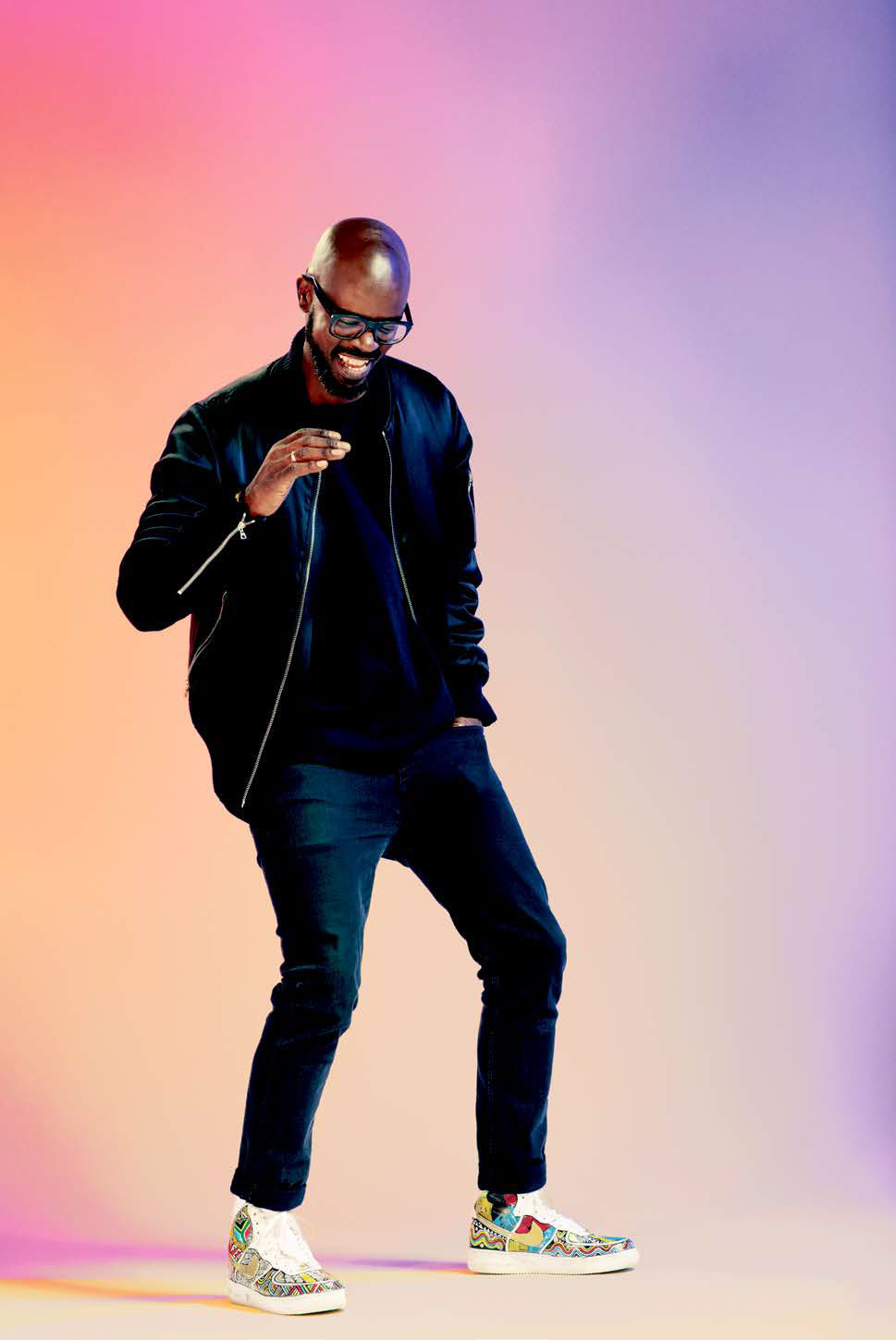
Humble. That’s an important word for Nkosinathi Innocent Maphumulo, aka Black Coffee. He’s South Africa’s most famous DJ, and winner of the BET Award for Best International Act: Africa, in 2016—a first for his country.
His signature brand of sultry deep house has garnered an international audience, with achievements that keep piling up. He’s the first African DJ to host an Apple Music’s Beats 1 Radio show, and he’s won the Deep House category at the DJ Awards (the most important international prize given to DJs) the past two years.
But what makes Black Coffee so groundbreaking is that he has done all this in the face of struggle. Growing up in the 1980s under the shadow of apartheid, his humble beginnings were in the small township of Mthatha.
“I started very early,” says Black Coffee as we speak over the phone, he in the afternoon in South Africa, me as the sun begins to rise in LA. “We were DJing with cassette decks and cassettes, using a pen and pencil to rewind and fast forward. I was doing 16th birthday parties, beauty pageants, and graduation parties. My cousin and his friends had a mobile sound system. Every now and then, [I’d get a] request: ‘You must bring that boy to come play.’”
But before his career even began, tragedy struck. One of the greatest days in recent South African history—the release of Nelson Mandela from prison—also turned into one of the most trying ones for the young DJ. Just 14 in 1990, Black Coffee was celebrating in the streets in Mthatha when a car barreled into the crowd. He was left with permanent nerve damage to his left arm.
“I was young, and I took it really, really hard,” says Black Coffee. “But I still wanted to do music. I didn’t know how to do it, but I knew that this is what I want to do.”
Black Coffee credits an invite to the Red Bull Music Academy in Cape Town as a turning point. There, he connected with South African jazz legend Hugh Masekela, who would have a profound influence on the young DJ’s career. Black Coffee’s first hit was a deep house rework of Masekela’s 1972 classic “Stimela.” They would later collaborate on the uplifting soulful house track “We Are One.”
“[Masekela] spoke about how important it is to be humble when it comes to music,” says Black Coffee. “[Talent] is something that is given to you [at birth]. You don’t know where it comes from, so how can you be arrogant with something that we might wake up, and it’s gone. It taught me a lot: you can be a huge artist, but still be respectful and humble.”
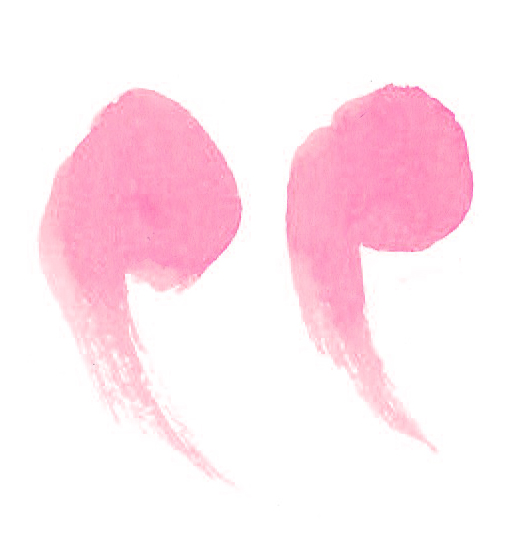
We were DJing with cassettes… using a pen and pencil to rewind and fast forward
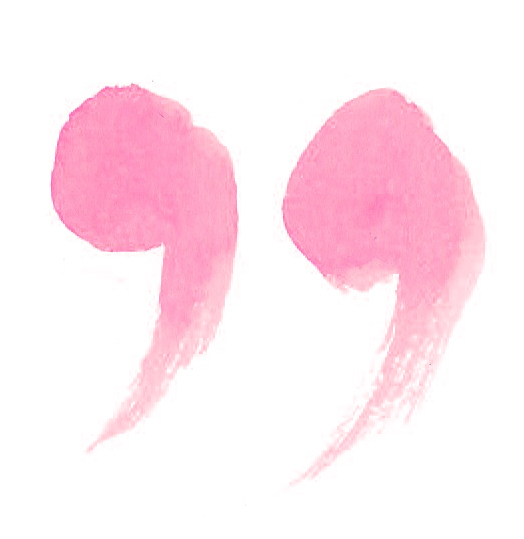
Now, Black Coffee is reaching Masekela levels of fame in his country, and around the world. He watched with amusement as Drake used his 2009 single “Superman” as the backing track for the 2017 song “Get It Together.” As usual, Black Coffee is humble about that. “[Drake] taking the song assured me, ‘Look, whatever you’re doing, keep doing it,’” he says. “That’s a song I made in 2008, so he was saying, ‘Don’t change.’ He didn’t change anything on the song, except he put [British singer] Jorja Smith on.”
Black Coffee is currently gearing up for residencies at Hï Ibiza and the Wynn in Las Vegas and maintaining his record label Soulistic Music. He recently announced the launch of his Fashion, Art and Music Academy created with fashion designer Laduma Ngxokolo and artist Nelson Makamo. The school offers a promise: if you get admitted, you also receive a record contract. They’ll help release your first single, and in your final year, drop an entire album. He hopes to further encourage the next generation by sharing his struggle with injury on social media as well, inspiring people to tackle their own disabilities. Who knows — they too may reach Masekela, or rather Black Coffee, levels of fame, all with a healthy dose of humility
Art & Culture
The power of art to inspire empathy and social action
Zen Buddhism and minimalist purity drive the celebrated architect
Moscow’s favorite media studio finds the perfect balance between art and commerce
Behind the scenes with the Bushwick nightlife collective promoting inclusivity and consent culture
DJ Extraordinaire
A medium in which two world-traveling, adventurous spirits absorb the globe’s vast curiosities and share them freely
A meditation guide for extraordinarily large groups
Experiences
Moscow’s favorite media studio finds the perfect balance between art and commerce
In his calls for environmental awareness, the modern explorer finds harmony between man and nature
Behind the scenes with the Bushwick nightlife collective promoting inclusivity and consent culture
DJ Extraordinaire
Food & Drink
The Michelin-starred chef has a story to tell you through his cooking
Six tips for considered and conscious travel
Personalities
Style
The classic martini plus the health benefits of green tea
How Nicholas Konert’s rainbow heart design became an international icon
As the CBD line Mowellens expands into skincare, its founder shares the personal story behind her company
Nature invades the urban jungle in the landscape designer’s expansive projects
The Ethopian model, activist, and entrepreneur uses her label Lemlem as a force for change

